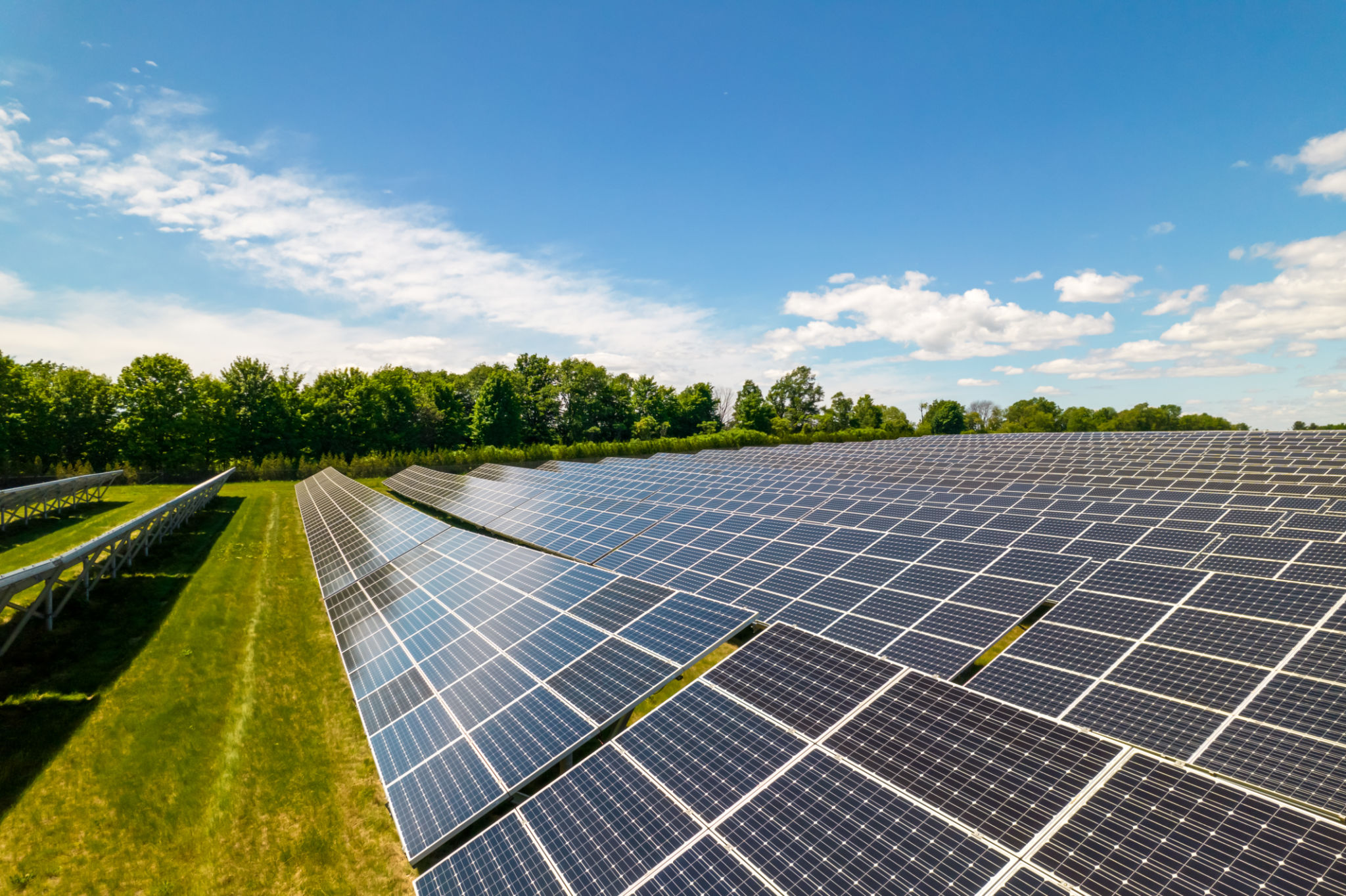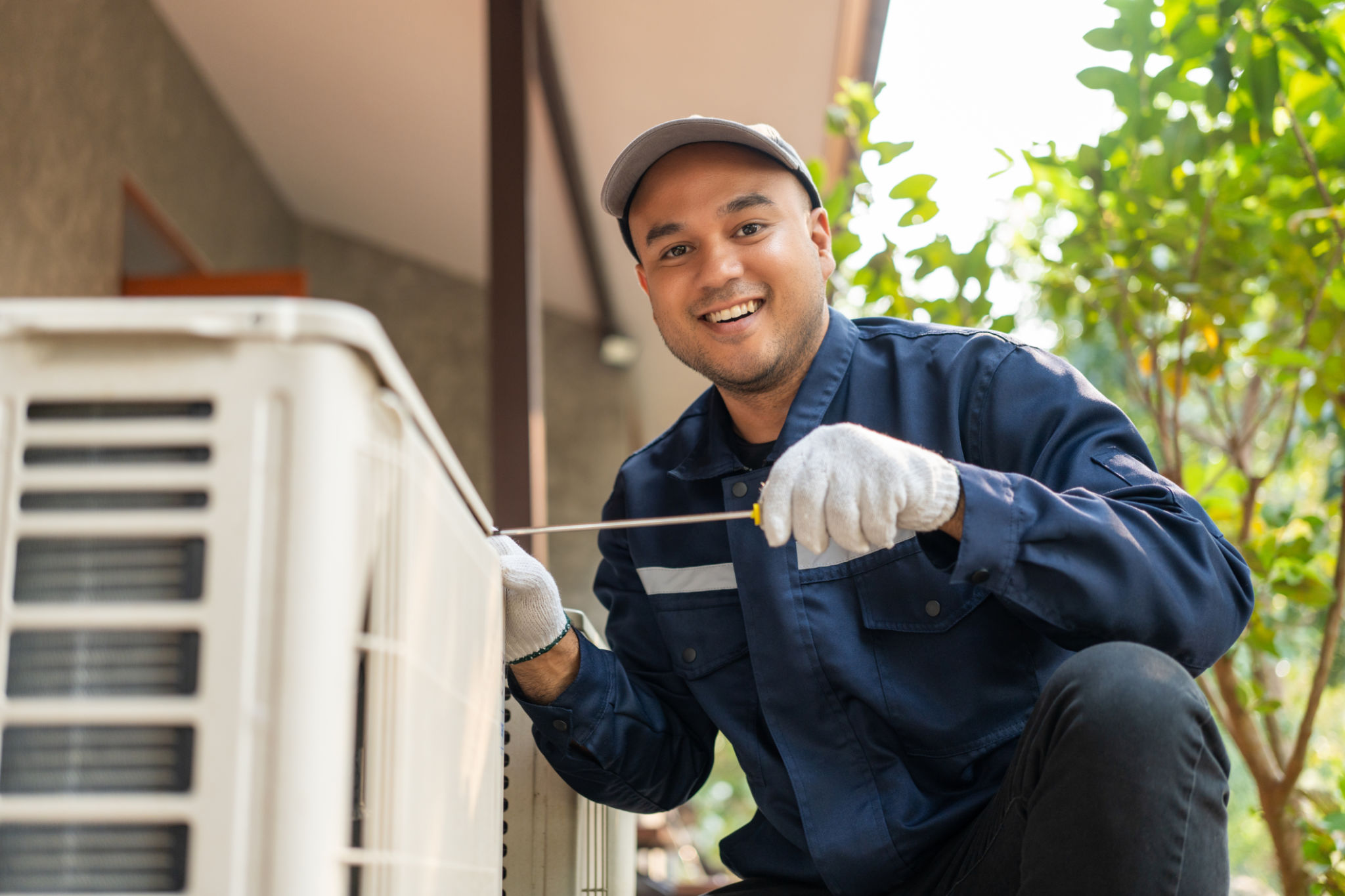Understanding Local Regulations for Hot Water Systems in SA
Introduction to Local Regulations
When installing or upgrading hot water systems in South Australia, understanding the local regulations is crucial. These regulations ensure safety, efficiency, and environmental sustainability. Compliance not only helps in avoiding legal issues but also ensures that the system operates at optimal performance.
South Australia's government has laid down specific guidelines and standards for hot water systems. These regulations cover everything from installation procedures to energy efficiency ratings. Being aware of these rules can save time, money, and potential headaches in the future.

Installation Standards
In South Australia, the installation of hot water systems must comply with the Australian Standard AS/NZS 3500. This standard outlines the necessary safety measures and installation protocols to prevent accidents and ensure system efficiency. Only licensed plumbers are authorized to install or modify hot water systems, ensuring that all installations meet the necessary safety and quality standards.
It is important to have a proper site assessment before installation. Factors such as water pressure, temperature settings, and location play a critical role in determining the most suitable system for your premises. By adhering to these regulations, homeowners can achieve optimal performance and longevity of their hot water systems.

Energy Efficiency Requirements
Energy efficiency is a significant consideration for hot water systems in South Australia. The state government encourages the use of systems that reduce energy consumption and greenhouse gas emissions. This is part of a broader initiative to promote sustainable energy solutions across the region.
To comply with energy efficiency requirements, many homeowners opt for solar hot water systems or heat pump systems. These systems are not only environmentally friendly but also lead to reduced energy bills. The government offers incentives and rebates for those who choose energy-efficient models, making them an attractive option for many households.

Environmental Considerations
The environmental impact of hot water systems is another crucial aspect of local regulations. South Australia emphasizes the importance of reducing carbon footprints and encouraging eco-friendly practices. This includes using recyclable materials during installation and ensuring that old systems are disposed of responsibly.
Additionally, regulations may require the use of thermostatic mixing valves to control water temperature, reducing the risk of scalding and conserving energy. Implementing these features not only aligns with environmental goals but also enhances user safety.
Routine Maintenance and Compliance
Regular maintenance is essential to keep hot water systems in compliance with local regulations. It helps in identifying potential issues early and ensures that the system continues to operate safely and efficiently. Most manufacturers recommend annual servicing by a qualified technician as part of routine maintenance.
Maintenance checks include inspecting for leaks, testing temperature settings, and evaluating system performance. Keeping records of these checks can be beneficial, as they provide evidence of compliance if required by local authorities.

Conclusion
Understanding and adhering to local regulations for hot water systems in South Australia is vital for homeowners and businesses alike. It ensures safety, efficiency, and sustainability while also protecting against potential legal challenges.
By staying informed about these regulations and working with licensed professionals, you can enjoy a reliable and efficient hot water system that meets all necessary standards. Whether you're installing a new system or upgrading an existing one, compliance with local regulations will ensure peace of mind and long-term benefits.
